25 Tips to Help First-Time Landlords Avoid Disaster
Investing in a rental property might seem like a great way to make your money work for you, and it can be. But if you ask any long-time landlord, they can give you plenty of horror stories they’ve experienced ranging from apartments getting trashed to tenants who don’t pay rent and are almost impossible to remove.
My family has decades of experience owning and renting properties as a side business. Here are some of the best words of advice I can give you to avoid disaster based on what we went through.
Part 1: Before You Rent Your Property Out…
You should do as much preventative maintenance as possible while your property is vacant because doing repairs while you have tenants is a HUGE hassle. Here are my suggested things to do to get it rental-ready and minimize your stress later on.
1. Look for potential plumbing problems
Plumbing problems are the most heinous kind of maintenance issue you’ll face as a property owner. A failure of a thirty-cent valve can flood your place and any floors below it, costing you tens of thousands of dollars or even six figures. A broken water heater is guaranteed to create angry tenants with the legal power to withhold rent until the problem is fixed. Leaks can also cause mold which is a health issue.
So, THOROUGHLY inspect your plumbing. Your tenants won’t do it, so you need to do it before you rent your place out. Any pipes or valves that even look old, replace! A common culprit is that snake-like flexible hose that connects the water to your toilet. That burst in my friend’s place and flooded his apartment and the one below. My standard procedure is to replace these.
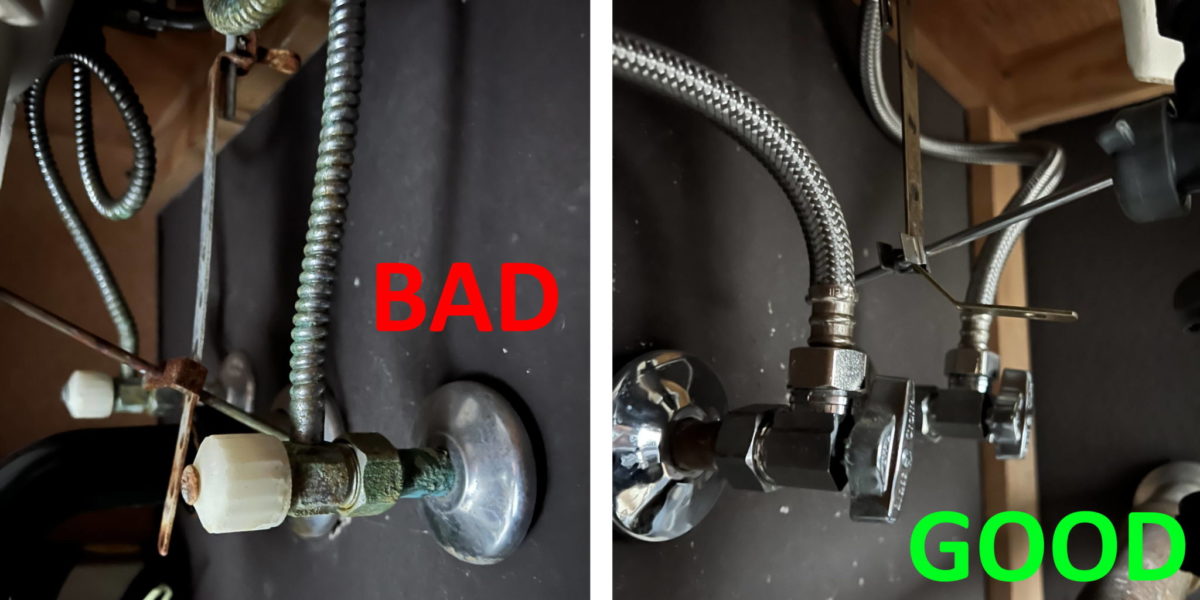
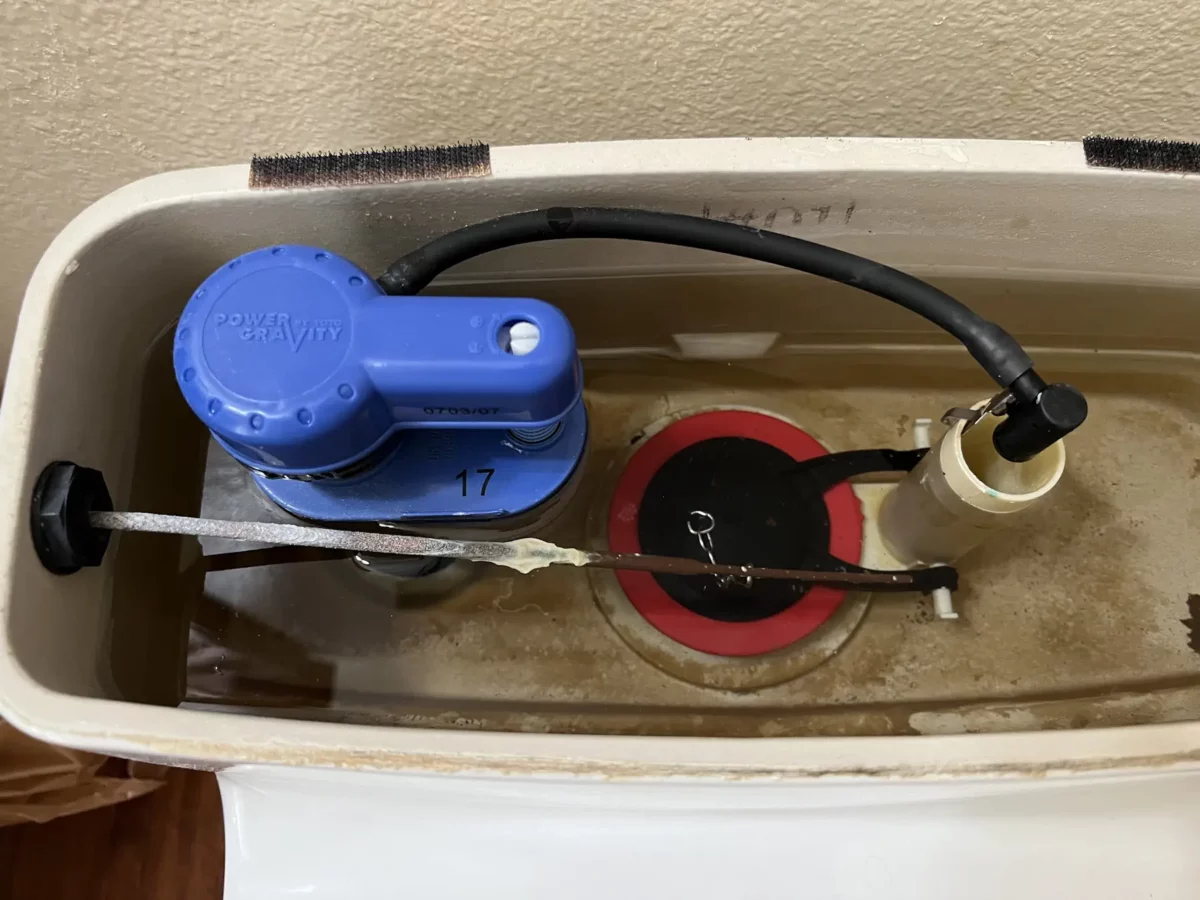
Hire a plumber to fix anything that is broken or even LOOKS marginal, then ask him to inspect the rest of your plumbing to find anything else you missed. Have him check every sink and toilet valve. My plumber was alert and noticed some moss growing on an outside wall. I never thought anything of it, but sure enough, there was a leak inside the wall!
2. Look for signs of leaks
Look for any water stains on the walls and ceilings. In my last rental, I noticed a stain on the ceiling and just painted over it – dumb! Two days later, the stain was back. I ripped out the drywall and found a leak. I was glad I found it before my tenants moved in. Now I use a moisture meter to confirm the status of leaks.
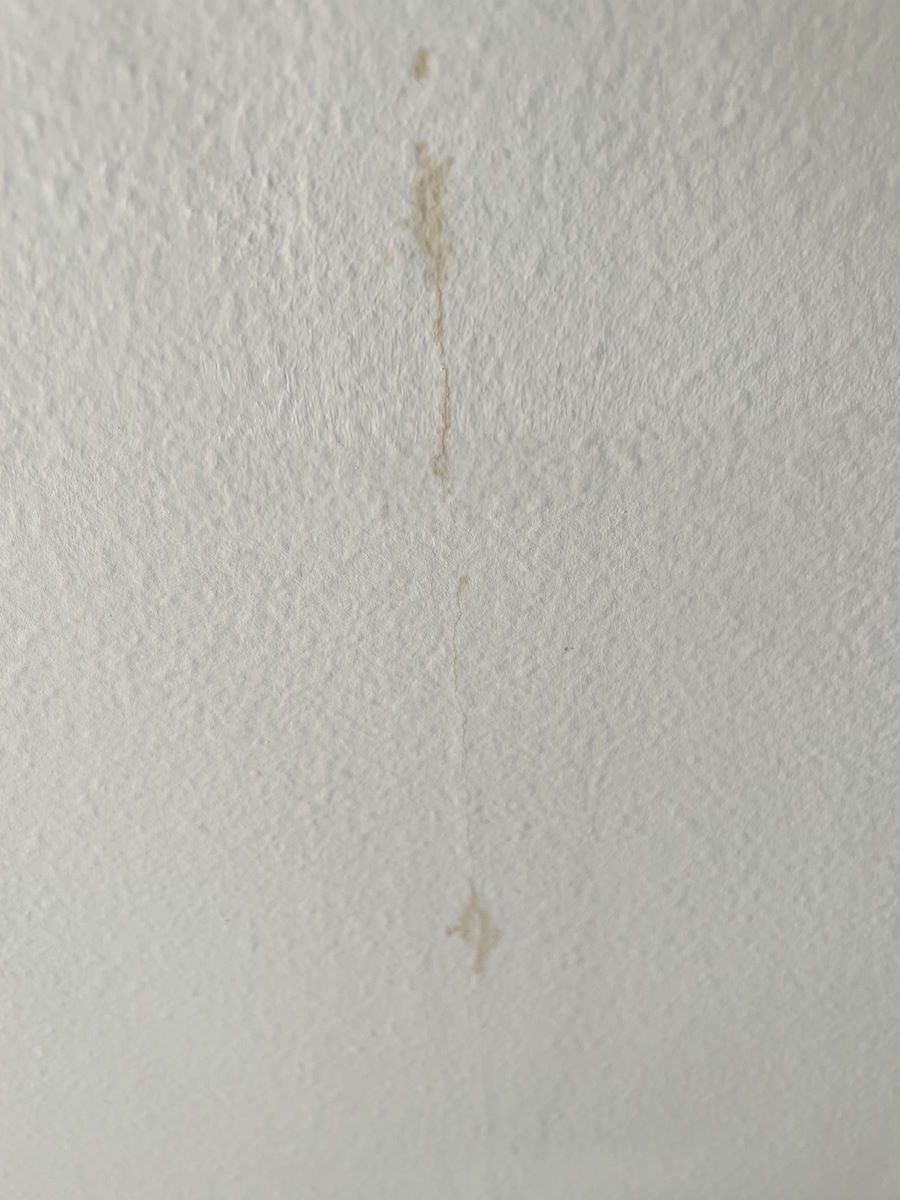
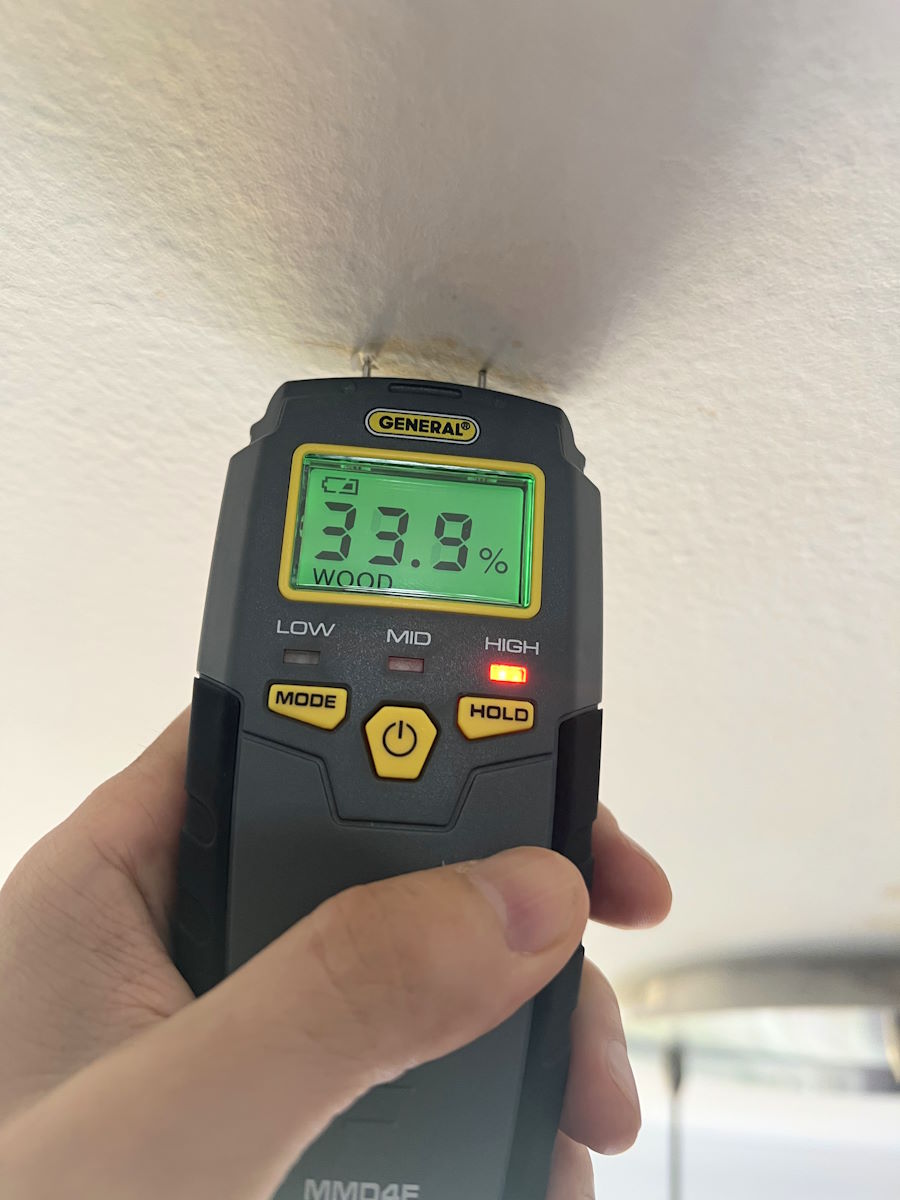
3. Know how to shut off your water and get separate shutoff valves for your unit if you are in a multi-unit building
If the only way is to shut off the entire building’s water supply, I STRONGLY recommend having your plumber install valves so you can shut off water to your unit without affecting the whole building. Having a separate water shutoff for your unit is like gold in a multi-unit building! Imagine what it is like having not only your tenant pissed off, but a whole building angry at you because you’ve shut off their water and they can’t even flush a toilet!
A plumbing problem is the last thing you want when you have tenants living in your apartment. Make sure that if there is a problem, you know how to shut off the water!
4. Make sure your appliances are tip-top
Another potential headache is a broken appliance like a refrigerator, washer, dryer, air conditioner, or heater, When these appliances break, tenants get mad, so make sure your appliances are in excellent working order. Yes, that means testing the washer, dryer, dishwasher, etc. yourself.
For example, the built-in microwave oven in my last place was still working but the display was getting really dim – almost where you couldn’t read it in daylight. Even though it was working, I replaced it. I figure that saved me from a phone call from the tenant in six months.
If your place has heating or air conditioning, get it inspected by a professional HVAC company. A problem with a heating system is not just an annoyance; it can be a safety hazard if, for example, the venting isn’t sufficient and carbon monoxide leaks into the living area. Get your HVAC inspected!!!
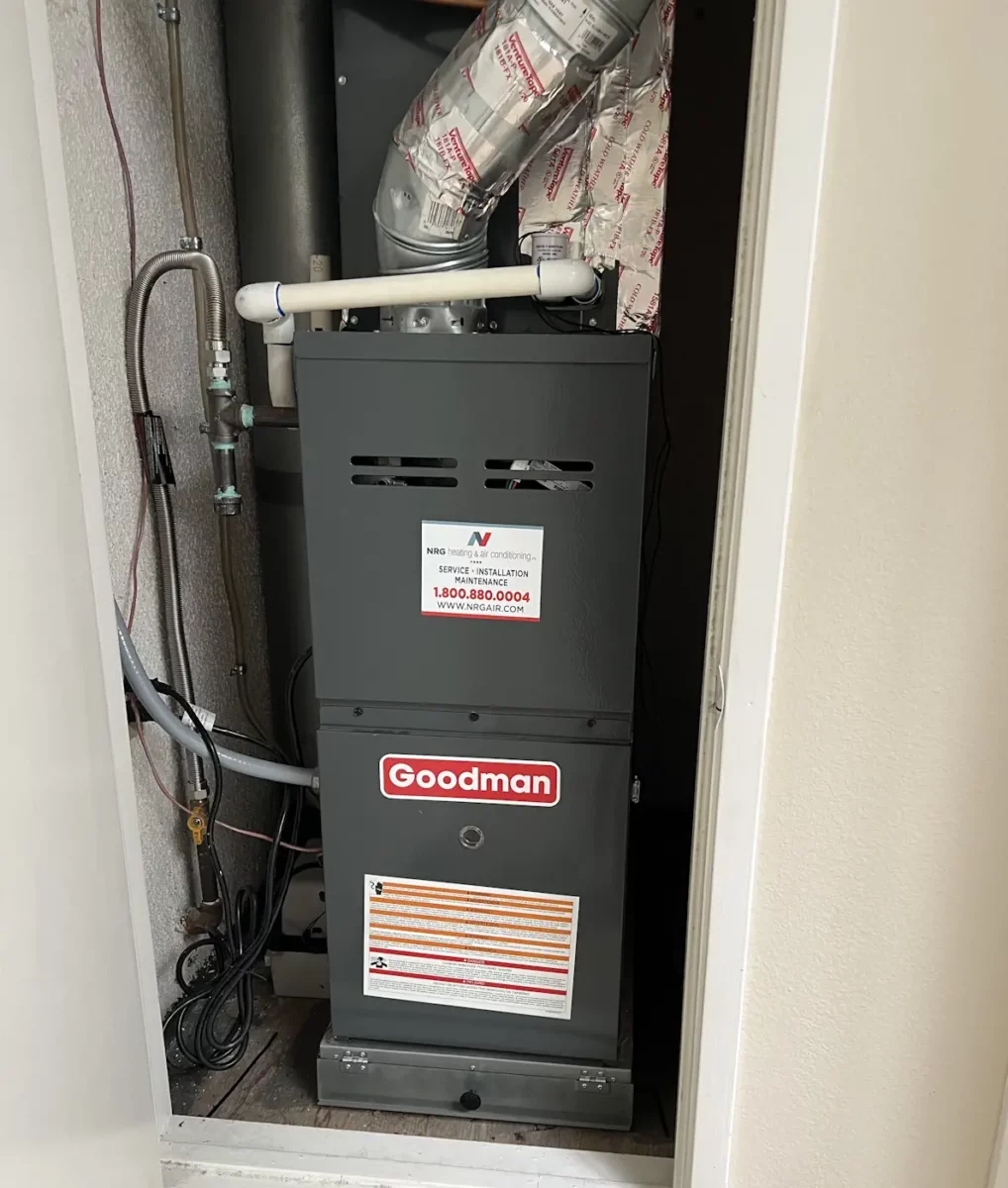
5. Deal with pest/vermin problems
My exterminator told me that the best time to deal with pests is when no one is living in the unit!!
Imagine having to fumigate while someone is living there… they might demand compensation and worry about the health hazards. Imagine having to spray for ants and needing to move all of your tenant’s stuff out of the way to spray, including clearing out the kitchen. What a nightmare.
In my unit, I saw a few ants after my tenant moved out, so I called an exterminator who sprayed the whole place while it was empty. Done!
If you suspect any kind of vermin problem (ants, roaches, rats, etc.) deal with it before anyone moves in!!
6. Be paranoid about safety
As a landlord, you are responsible for providing a safe place to live. That means, among other things, making sure all of your smoke detectors and carbon monoxide alarms are working (and that there are enough of them in the home), making sure the electrical wiring is good and up to date, and making sure your balconies are structurally sound (in California, balconies need to be inspected every five years for structural integrity after six Berkely students died in a balcony collapse).
Another example here in California is having earthquake shutoff valves for the gas lines. They are not too expensive to install but they do false trigger sometimes so you need to know how to turn them back on.
You need to worry about the outside as well. Make sure walkways are even so that no one can trip. Make sure stairs are sturdy with good railings. Make sure there are outdoor lights to deter crime.


We replaced the broken outdoor walkway grate on the left, which could cause someone to stumble, with the new one on the right
These are just a few examples. You need to be aware of your local laws regarding building safety.
7. Check your electricals
Call an electrician for an inspection if you have any of the following:
- Flickering lights
- Signs of smoke or burning in your circuit breaker box.
- Your circuit breaker box is of the Zinsco or Sylvania brand and looks like this (with colored switches):
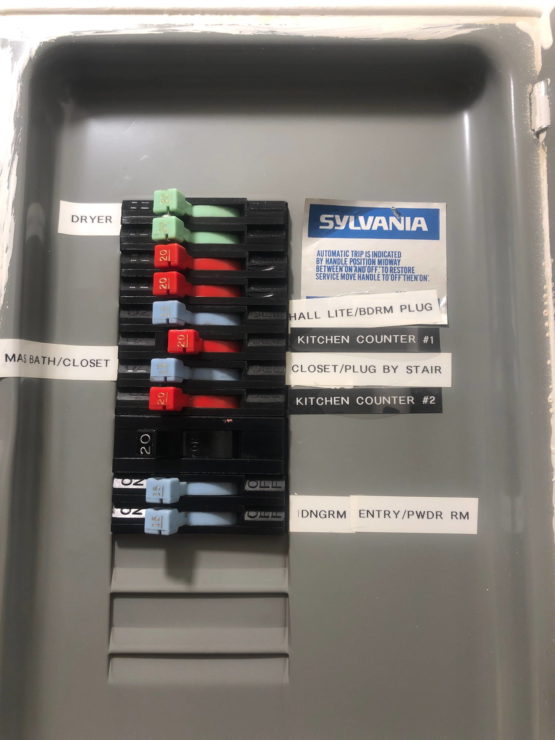
This type of circuit breaker box was commonly installed in the 1970s but was recalled due to potential fire hazard. More details on Zinsco and Sylvania circuit breakers here. Cost to replace is about $1500.
I replaced this outdoor receptacle cover myself by unscrewing one screw and installing the new plate! No electrician required!
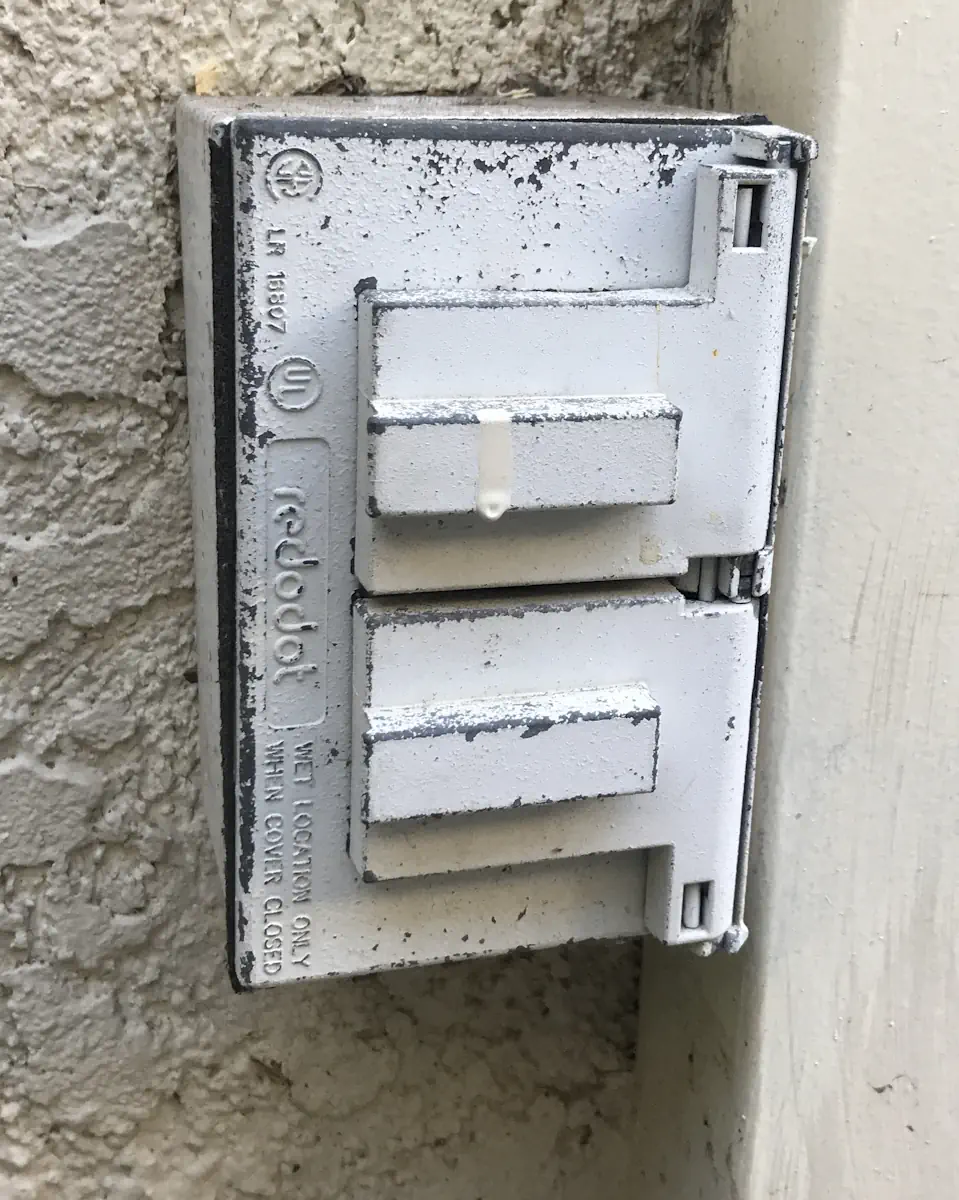
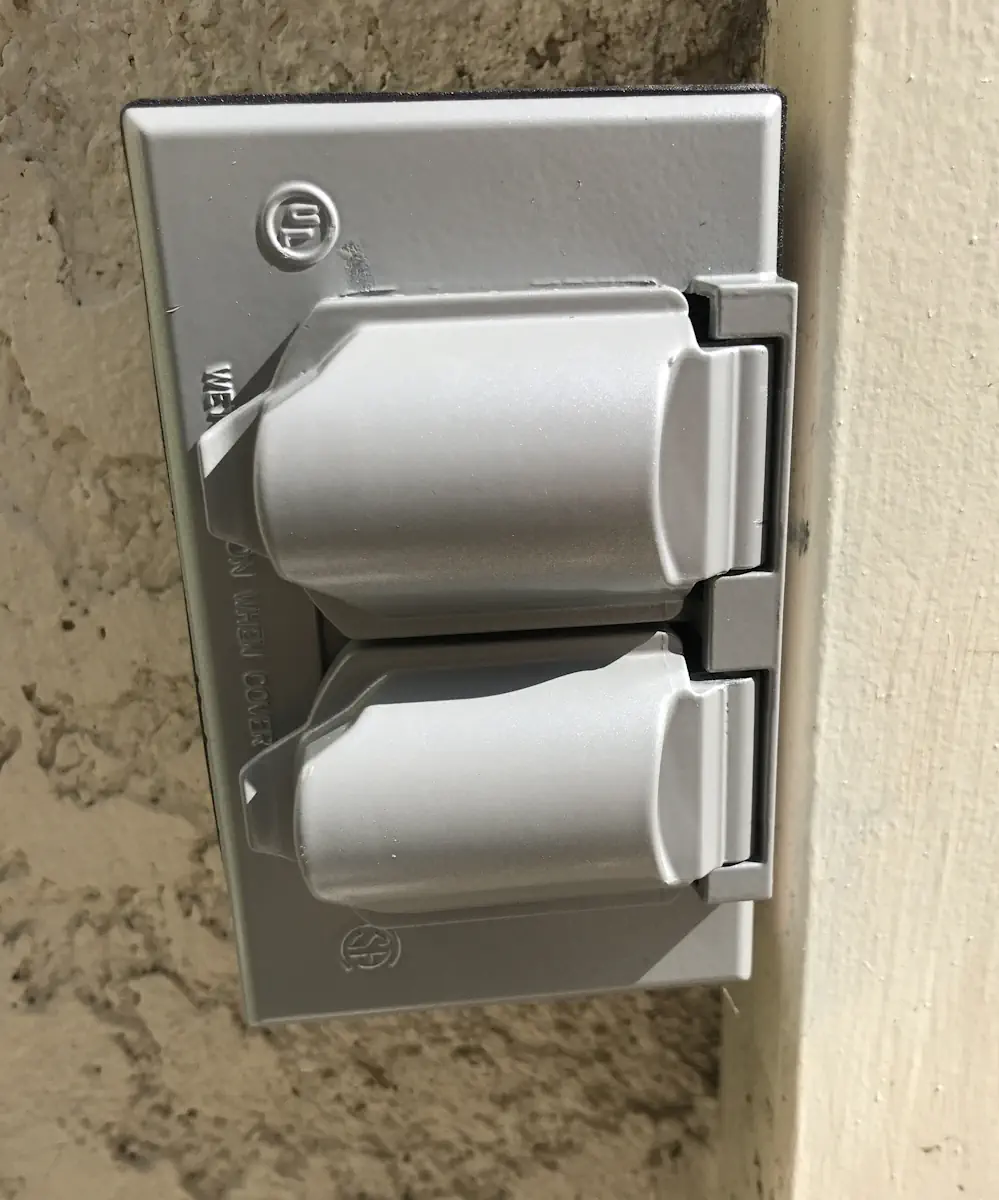
8. Consider replacing carpet with hardwood floors
Carpet is a pain for landlords (and tenants) because it’s so hard to clean compared to wood floors. Ever try to get old cat pee stains out of a carpet?
The upstairs bedrooms of my rental are carpeted. Every time a tenant moves out, it costs me $350 to get them steam cleaned; this is for just two bedrooms and a stairway. If I had wood floors, I could mop it myself for free!
These days, I also found that a lot of younger renters actually prefer hardwood floors to carpet!
Not having carpet might make it worthwhile to allow pets too.
So, carpet can be a big expense in rentals. You might want to consider replacing your carpet with wood floors, especially if it is old or stained.
9. Consider eliminating low-value, high-maintenance amenities
One of the biggest headaches a few years ago in my rental was the gas fireplace. When the tenants used it, they smelled gas. Obviously, that’s a huge safety issue so I had it inspected by a professional who couldn’t find the problem. After some further hand-wringing, I had them totally disassemble the burner and put it back together. While I was at it, I had them clean the chimney flue. So basically this little-used fireplace cost me hundreds of dollars and lots of stressful hours, not to mention annoyed tenants.
After my tenants moved out, I removed the burner and had a plumber cap off the gas pipe to neutralize it. In the process, we discovered that the connection between the pipe and burner was loose and that there were newly-formed large cracks in the fireplace box – definite safety hazards!
Now, the fireplace can’t be used for gas fires and can only hold candles or Christmas lights. No tenant looking at the property has complained about it though, and I can now sleep sounder knowing this hassle and safety hazard is gone. And, as a bonus, I don’t need to get the chimney cleaned anymore.
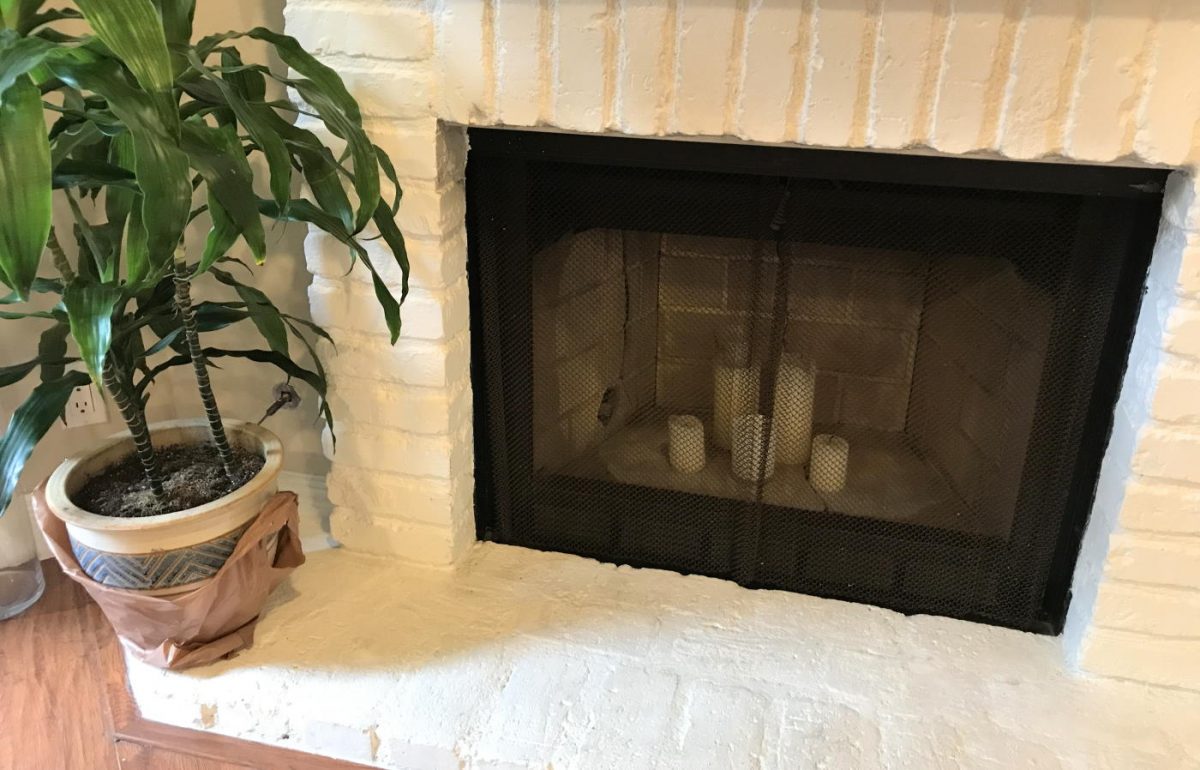
Of course, this works in sunny Southern California where I live. If you live in a climate where it actually gets cold, the fireplace might be a valuable feature!
Are there any other low-value, high-maintenance “amenities” that you can eliminate? I removed a wet bar, something that was all the rage in the 70s; not so much now. Is there a hot tub in the backyard? What are the odds that it won’t work when your tenants want to use it, resulting in a phone call to you? Think of any low-value amenity that could be a safety or maintenance headache and think about if it adds more value than it costs.
10. Consider adding high-value, low-cost improvements.
On the other hand, there are some low-cost improvements that yield big benefits.
For example, my rental place had really old ceiling fans. Not only did they look terrible, but they required cleaning (i.e., removing all of the blades) every time tenants moved out. For less than two hundred bucks I replaced them with nice, modern ceiling lighting. The rooms look ten times better!
I also replaced my patio light with something more modern and hip. In addition, my neighbor was complaining that the original light was too bright and keeping her up at night so this eliminated that potential hassle as well!
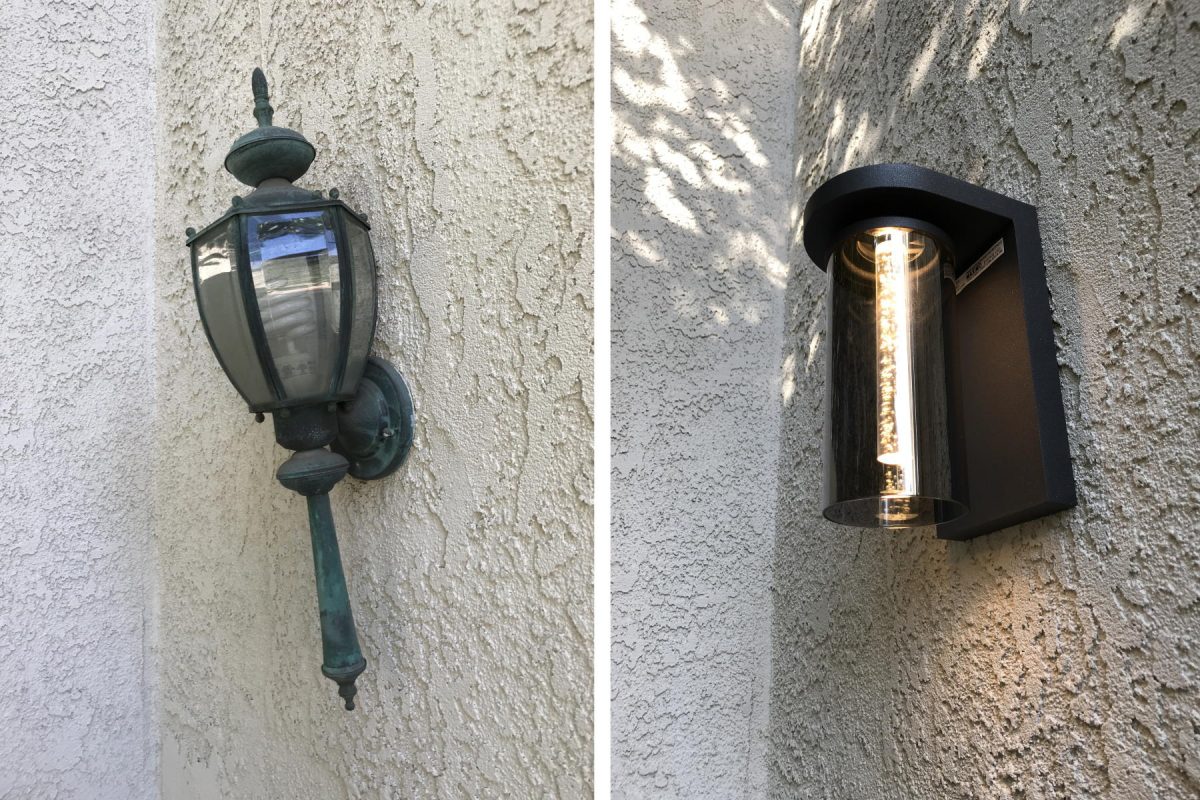
I also replaced the old beige switches and electrical outlets with modern white ones. Subtle, but the rooms look a hell of a lot better!
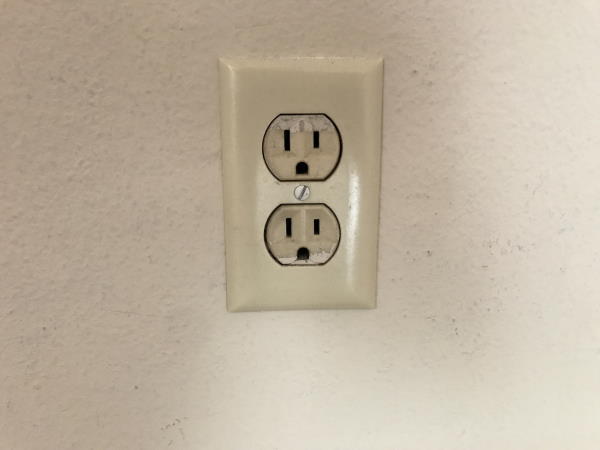
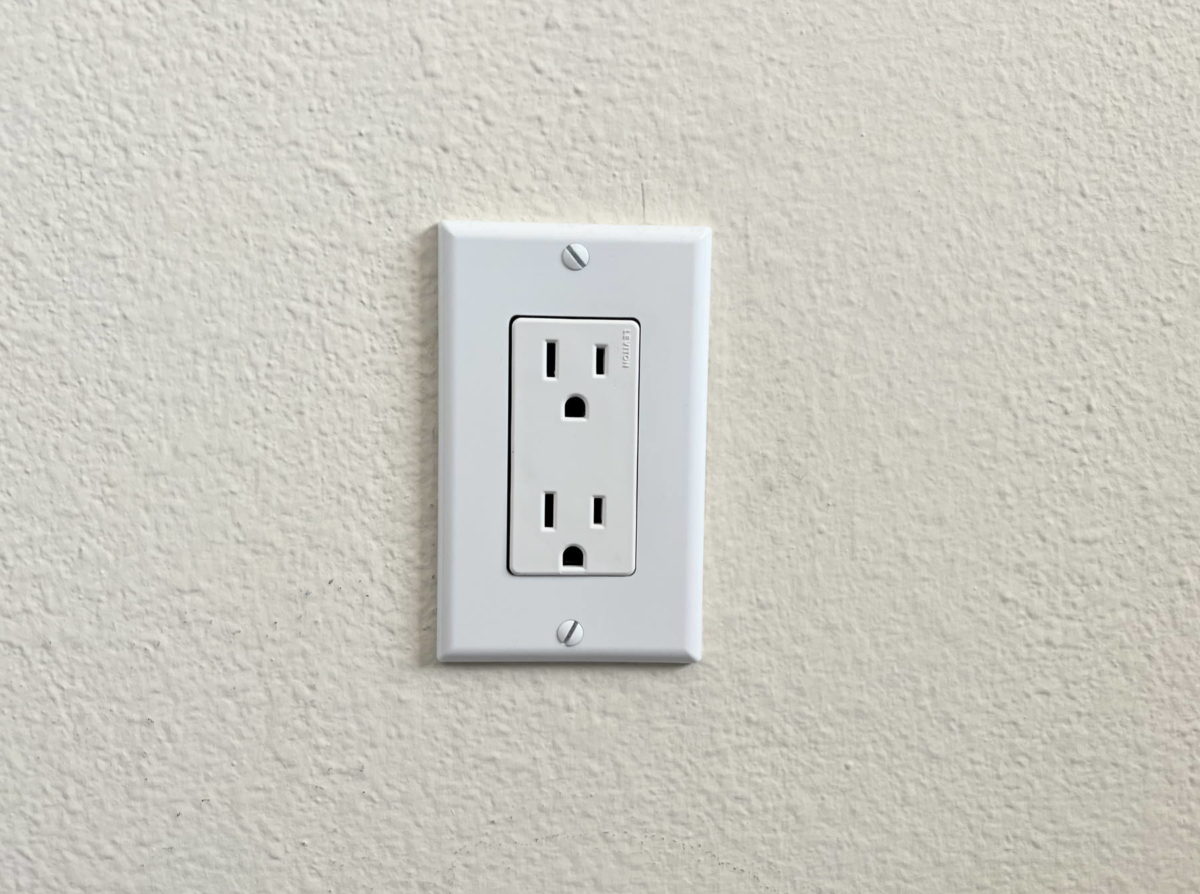
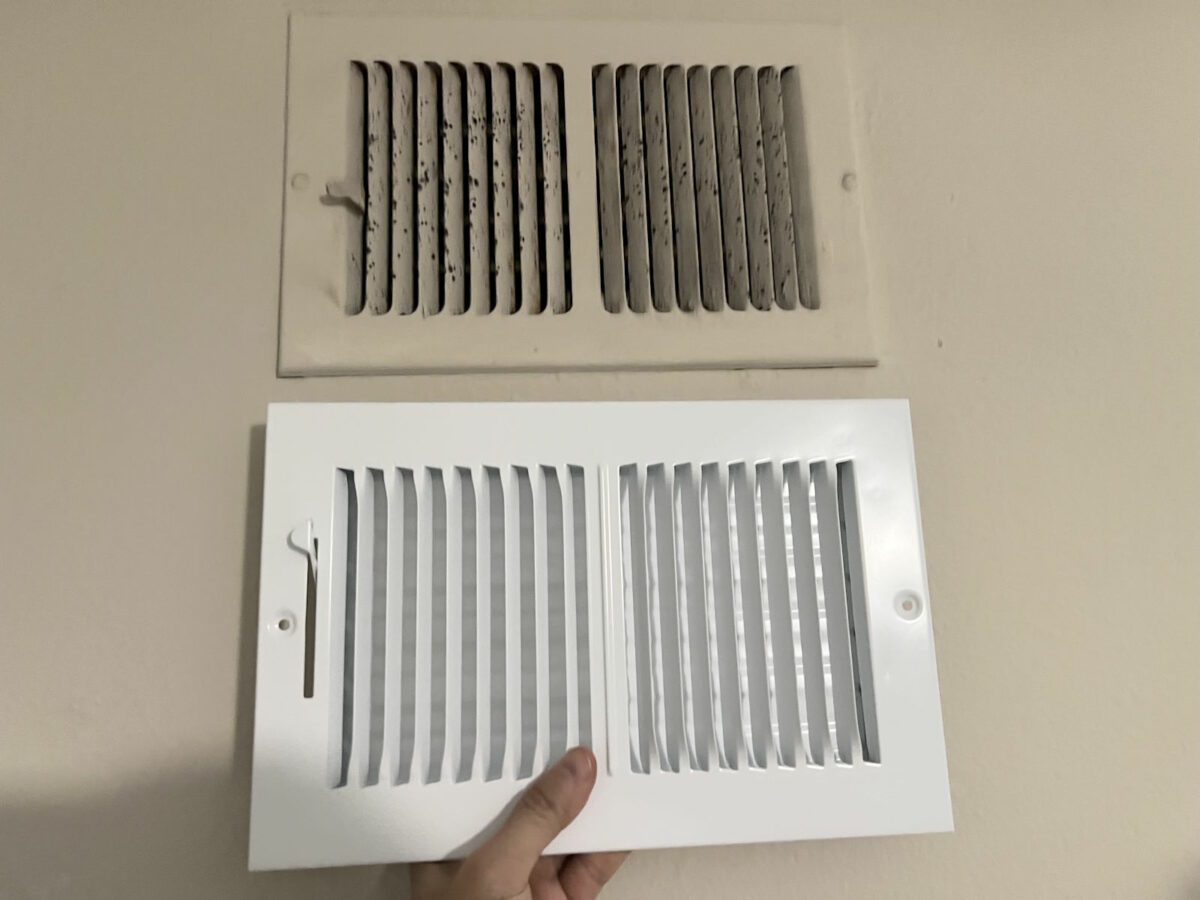
Painting is also pretty cheap, especially if you do it yourself, and can improve a room immensely! (Make sure to save and label your paint so you can do touchups after your tenants move out!)
11. Get roof access!!
The roof is a frequent point of failure. So, figure out how to get on the roof, whether that involves an exterior ladder, or going through another tenant’s unit.
In my townhome, the only roof access was through one of two units (unfortunately not mine). So, whenever I had a leak or problem with the roof, I had to ask them if I could have workmen go through their units. They were super cool about it, but I really hated doing that.
So, during one of my vacancies, I had a roofer replace my skylight with one that opened up to the roof. Now I have direct access to the roof without having to bother anyone! This eliminates SO much stress and hassle when I need to have workmen go up there! It’s one of the best improvements I’ve done. It also saves up to $150 for every worker who has to go on the roof – that’s how much extra they charge to go up a 30-foot ladder on the outside of the building if my neighbor with roof access isn’t home.
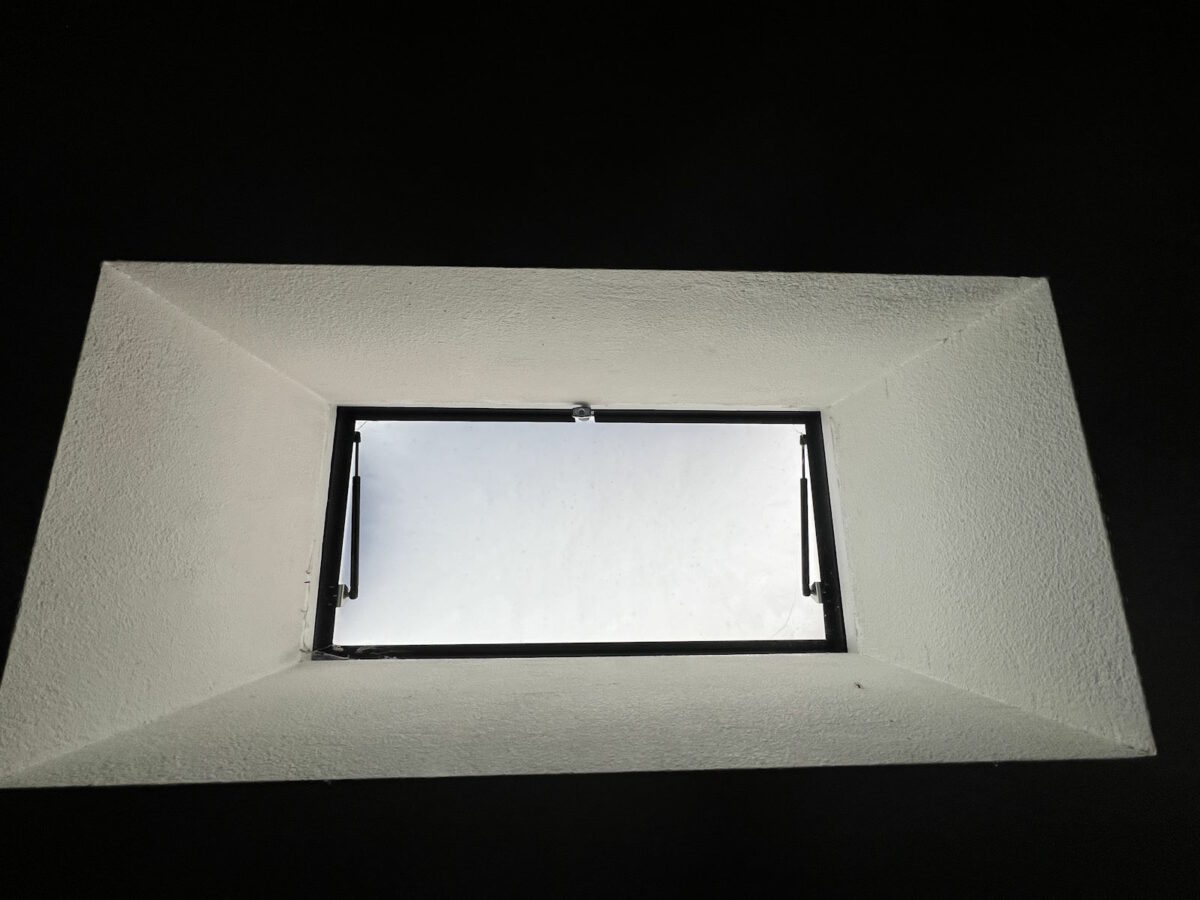
Go up to the roof and look for pooled water or evidence thereof. If your unit is vacant when it rains, check it for leaks. Leaks are another common headache.
Know what appliances are on the roof, such as air conditioning or water heater, and have them checked out.
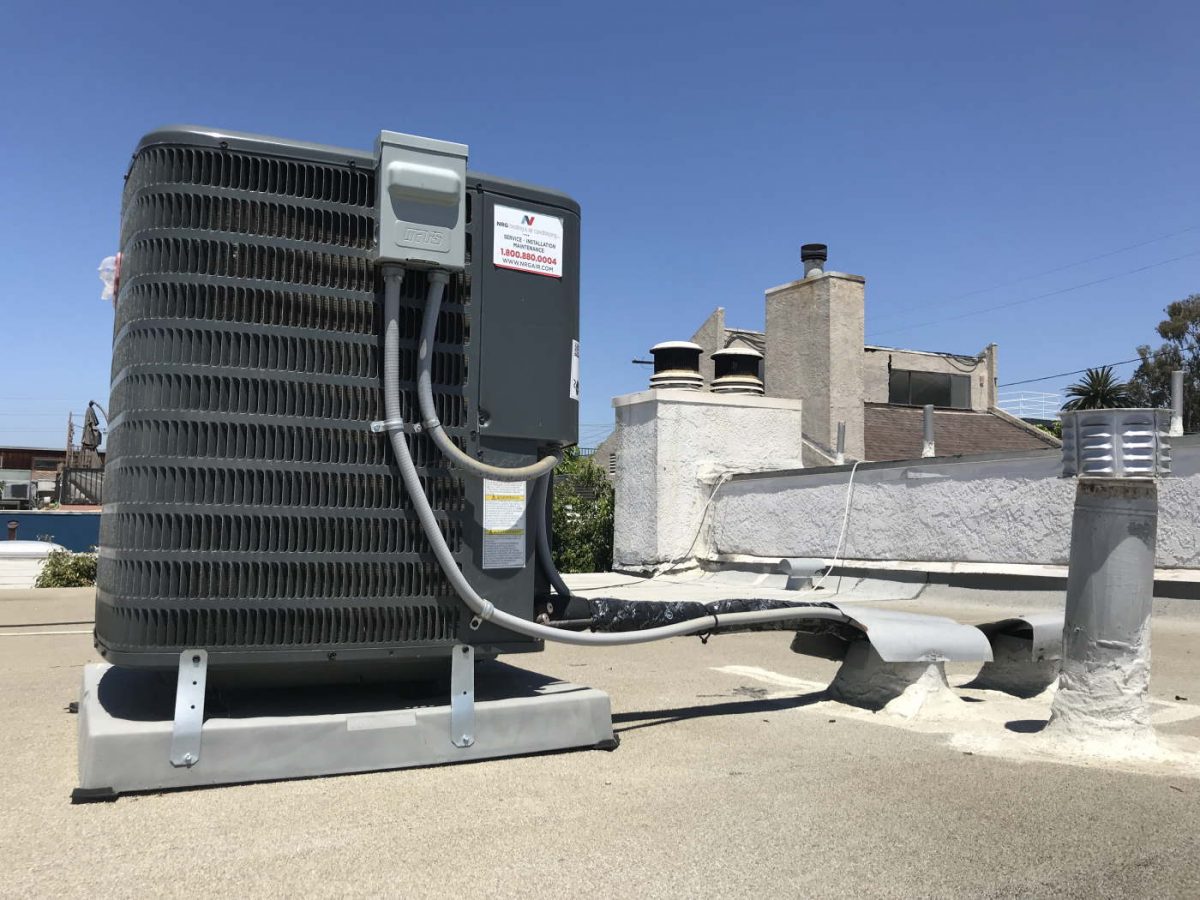
The Basic Idea
Do whatever you can to make your place as bulletproof as possible while it is vacant!! Never have the mentality, “I’ll fix it later if they complain”. If you do, you can expect a phone call from your tenants right when you’re about to go on vacation saying the fridge is broken.
In a similar vein, I pushed my HOA to tent the building for termites before my tenants moved in. Otherwise, I would have had to pay for my tenants to move out for a night or two; a huge hassle and disruption.
BONUS: Use Magic Erasers
Not really a tip to avoid disaster, but Magic wall erasers can save you from having to re-paint an entire room. I’ve been amazed at the scuffs and stains that these can remove.
Part 2: How to Find Great Tenants
Okay, your place is ready to rent. Now you need tenants!
Finding good tenants is the most important job you have as a landlord. The quality of your tenants can be the difference between having a lucrative, relatively carefree rental or a complete money-losing nightmare. Our family has had both types of tenants. Here are my tips to find amazing tenants.
12. Price your rent slightly below market value
You need a large pool of candidates to find good tenants. Pricing your rent slightly below market value will get you more prospective renters to choose from. You really want kind of a “feeding frenzy” so that you have lots of choices.
If the market rate of a rental is say, two thousand dollars, you only need to be below that by a hundred dollars to make a noticeable difference. Sure, you’ll make a bit less money every month, but if that gets you more interested renters, and in the end, a better renter, it’s worth every penny!
Pricing slightly below market will also help you rent your place faster. That alone might offset the cost of lower monthly rent. Consider the cost of being greedy with the rent, causing your place to be vacant for an extra month. If you can’t find a renter for over a month in a densely populated area, your rent is probably too high.
As a side benefit, if the renter feels like they got a good deal, they’re more likely to feel grateful they got your place and perhaps a bit less picky than someone who believes they are overpaying for their place.
13. Use the right rental service
For the last few years, I’ve had the best results finding tenants on Zillow, hands down. I’ve tried other services, but Zillow got me the most applicants by far. They also offer useful tools like built-in credit checks, in-app messaging, and pre-written rental contracts specifically tailored to each state. And, it’s all FREE for landlords, which is amazing.
By the time you read this, some other service might be best, but at the moment, Zillow is what I use!
Do NOT rely on a real estate agent to find your renter. We did that once and they found the worst renter we ever had. After all, they are only incentivized to find a tenant who will pay rent for a year, after which time their cut is over. Be sure to interview your prospective tenants YOURSELF; don’t rely on anyone else to do it.
14. Take decent photos
In this day and age, most, if not all, of your prospective tenants will be finding you online. Therefore, taking decent photos is important. The good news is that the camera in modern smartphones is enough for the job, especially if your phone has a wide-angle lens. And, you don’t need award-winning photos; just make sure the place is clean and the lighting is good.
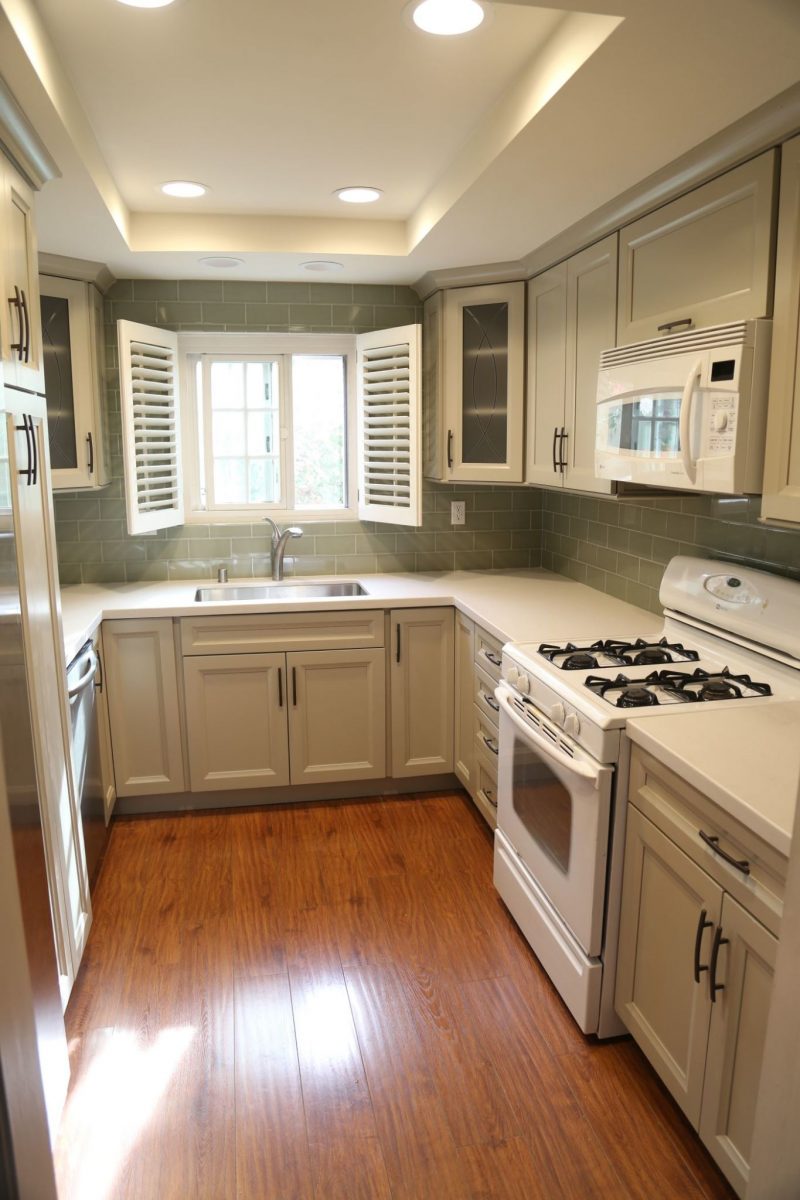
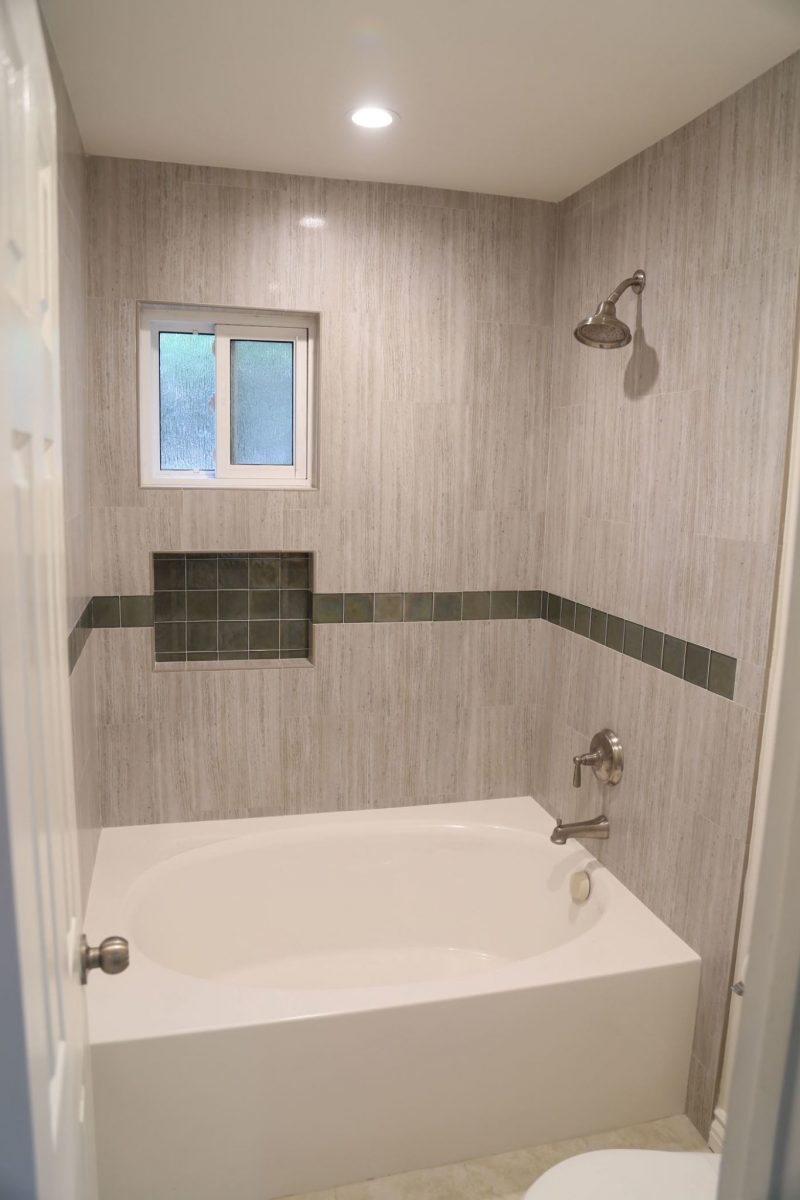
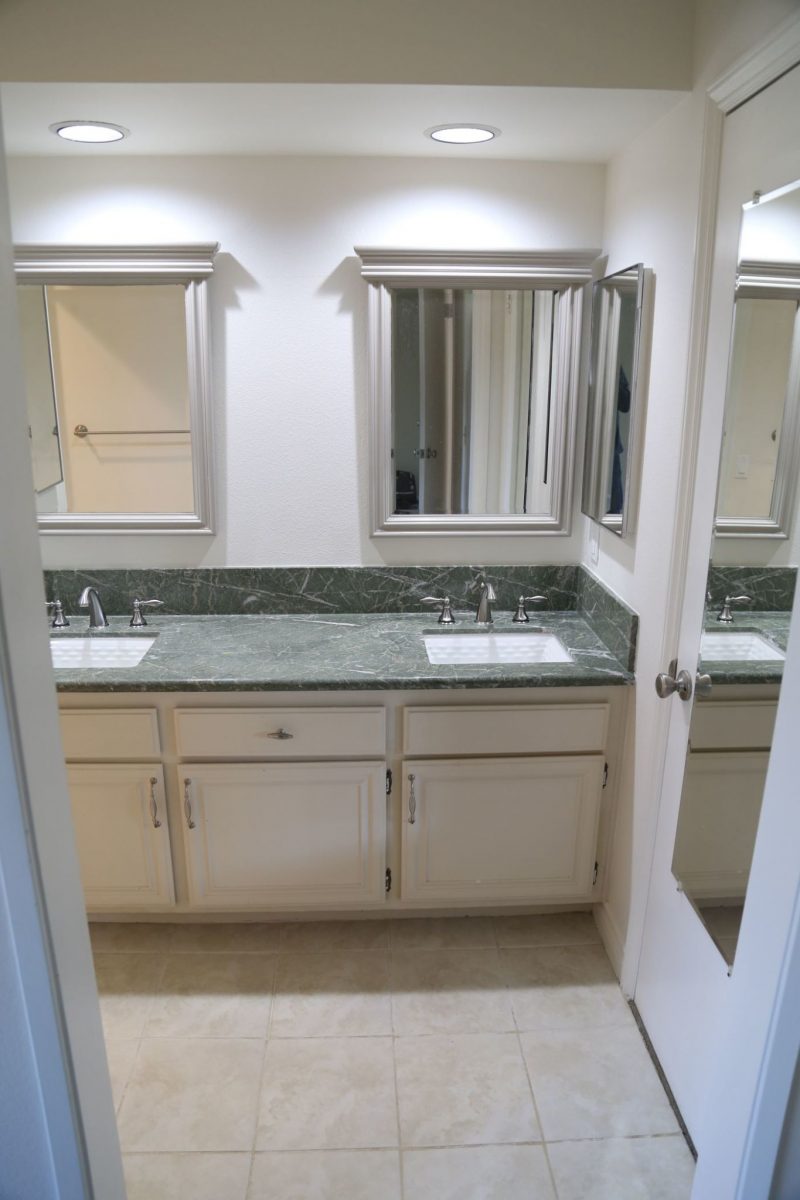
Photos are also good for keeping a record of the condition of your place. If damage occurs later, you can prove it wasn’t there before.
15. Consider allowing pets if the tenants are awesome
This is a tough one because even the best-behaved pets get sick with diarrhea, urinary tract infections, or food poisoning and make a mess sometimes, at no fault of their own. But, in the United States, two-thirds of households own a pet. If you don’t allow pets, you’re excluding a majority of the population and seriously limiting your pool of applicants, some of which might be good tenants.
Even if you have a “no pets” policy, you still might be forced to allow them if the tenant claims the pet is an emotional support animal. Since the industry is completely unregulated, there’s no way to know whether they are telling the truth or not. You basically just have to take their word for it or risk legal action (note, I am not a lawyer; consult a real lawyer for legal advice!)
In most of my rentals, my policy has been “no pets allowed” but in some of them we ended up allowing a pet because the tenants were amazing in every other way. And, I intend to get rid of my carpet eventually, which will make it much easier for me to accept pets.
16. Save time by pre-screening your applicants before showing the property
If you follow my previous advice, you should be getting a lot of applicants. That’s great, but the time needed to show your place to each of them could be a problem if you are landlording on the side and have a real job (like I do).
I got this next tip from The Book on Managing Rental Properties, and it’s pure gold. When someone emails or calls you to see the property, do NOT immediately agree to show them the property. Instead, pre-screen them right there. Here’s an example:
Applicant: Hi, I saw your ad on Zillow. When can I see the apartment?
You: Thanks for your interest in the property. Just so you know, the minimum required income to rent this property is $100,000 and the security deposit plus first month’s rent due at signing is $6000 [and whatever other show-stopping criteria you have]. Would any of these be a problem for you?
An industry-standard rule of thumb is that rent should be 30% of a tenant’s income. I just tell them that they need to make three times the rent.
This was SUCH a time-saver for me! Before I knew this trick, I’d waste hours showing the place to unqualified people. Often at the end of my tour, they would say “I love the place, but… I don’t have enough cash for the security deposit right now, is that OK?” or “I don’t have a steady income right now, is that OK?”
NOPE!
When I pre-screen over email, I find that about half don’t respond. Another quarter responds without answering my question, in which case I automatically reject them (if they can’t follow simple instructions, I don’t want to have to deal with them as tenants). That leaves me with the top 25% of applicants with almost no work!
17. Look for a tenant that makes at least three times your rent
How much does a renter need to make to afford your rent? A good rule of thumb I’ve found is three times the rent. So for example, if your monthly rent is $2000, they need to make $6000/month or $72,000 per year. With higher-rent places, this might seem like too high a requirement, but it really isn’t. If you want your tenants to be reliably able to pay your rent, this is a minimum!
18. Be aware of anti-discrimination laws
Federal law prohibits discrimination based on race, religion, gender, familial status, disability, and other factors. Check your local laws for further limitations. Never ask prospective tenants about these topics and for Pete’s sake never tell someone you are rejecting them for these reasons!
This is another reason that prescreening by phone or email is so awesome. It helps you avoid accusations that you rejected someone based on skin color, for example, because you never met them in person!
Keep good records of why you reject each tenant so that if they accuse you of discrimination later, you can look up the real reason you rejected them.
Part 3: Being a Landlord
OK, you’ve found some great tenants. Here are my suggestions to minimize your work during the actual rental period.
19. Set up electronic rent collection on Zillow
Electronic payments make your job as a landlord so much easier. No more lost checks or “the check is in the mail” excuses. I’ve also found that younger renters prefer electronic payment methods to writing checks.
I recommend using Zillow’s online payment service, specifically made for landlords. Payments using ACH are free. Tenants can even pay by credit or debit card if they are willing to pay the fees!
I don’t recommend using Paypal, Zelle, or other electronic payment methods. Technically rent is a business transaction and therefore will have fees, which are actually pretty high when you consider how much rents are these days.
Keep in mind though, that you cannot REQUIRE electronic payment; you have to also accept checks by law (disclaimer: I am not a lawyer; consult with a real lawyer for your situation).
20. Keep good records
Obviously, you need to treat your rental like a business and keep good financial records of rent received and expenses for repairs, maintenance, etc. It’s a good idea to keep a log of every notable event, transaction, and communication related to your rental property.
While not strictly necessary, I like to keep a separate checking account for my rental business so that I can quickly see when my tenant last paid rent, for example (rather than having to wade through all of the transactions in my personal checking account).
A separate rental checking account is also nice if you let your tenant pay by ACH because you only need to give them your rental checking account number, not your personal account number, which you might not want to give out.
21. Give great tenants incentives to stay
Finding new tenants and turning around your rental is very costly and time-consuming. So if you have great tenants, do whatever you can to keep them!
For example, I don’t do huge rent increases. I know landlords who keep rents well below market value for their outstanding tenants. Of course, you’ll need to decide how much good tenants are worth to you.
I had another tenant who was great but had a month of tight cash flow. He told me in advance he’d be late with the rent by a week. Because he was a great tenant, I didn’t enforce my late rent penalty and he was so grateful that he paid me in advance for the next three months.
Another thing you can do is make improvements to the property if the renter requests it. For example, that same renter asked about air conditioning. I went ahead and installed it because that is an amenity with real value that would pay for itself in the long run and because they were good renters and I wanted to keep them (and, since they requested it, they didn’t mind the workers going through their place during installation).
Of course, you need to be responsive if the tenant reports a problem with the property, it goes without saying.
22. Inspect the property at least once a year
It’s prudent to inspect the interior of your property at least once a year. The main thing to look for is water damage, i.e., stains on walls and ceilings, dripping pipes, mold, etc. These things, if left unchecked, can become exponentially more expensive to fix over time. Often tenants don’t notice these things.
Also, check fire alarms, and remind your tenants to change HVAC filters, fridge water filters, things like that.
When you go on these visits, remember to bring some tools and supplies for minor repairs such as screwdrivers, fire alarm batteries, volt meter (or battery tester), and paper towels.
23. Take pictures of everything
There are so many reasons why photos of your unit and appliances are great. Not only do you have a record of the condition your unit is in, but having photos of your appliances can be so helpful when you’re trying to diagnose problems remotely and you don’t remember the model number of the air conditioner or fridge or whatever.
24. Evaluate problems yourself before calling a professional repairman
One time my tenants called because the air conditioner was broken. Crap. I thought I’d need to call a repairman, but I went over anyway to take a look, even though I thought it would be futile. It turned out the thermostat just needed a new battery! Problem fixed for a few dollars!!
Another time my tenants said the fridge door was broken and wouldn’t close. I was mentally preparing for a new fridge purchase but I went over there to check it out. Turns out that the fridge is (poorly) designed so that certain items placed in the door can hit the deli drawer and prevent it from closing. I simply rearranged the items and let the tenants know!
Now, I’m not saying you should take on serious repairs for which you are not qualified to fix. I’m saying just take a look yourself for easy fixes before calling a professional.
25. Be prepared for headaches and stress
No matter how much you prepare, problems are guaranteed to come up. It’s part of the job. Be prepared for it and accept it as a normal part of landlording.
For More Information
Obviously, there’s a lot to landlording that I didn’t cover here. But I hope these tips are non-obvious and helpful to make your rental experience less stressful, less time-consuming, and more lucrative! Here are two excellent books if you want more great tips:
I got a lot of great tips from Managing Rental Properties by Brandon Turner (very easy to read):
If you live in California, this book is a “must” (make sure you get the latest edition):
Disclosure: Some of the links on this page are affiliate links. This means if you click on the link and purchase the item, I will receive an affiliate commission at no extra cost to you. I test or research each product or service before endorsing. This site is not owned by any retailer or manufacturer. I own this site and the opinions expressed here are mine. As an Amazon Associate, I earn from qualifying purchases.
What experiences have you had as a landlord? Any great tips? Please share in the comments below! – Brian

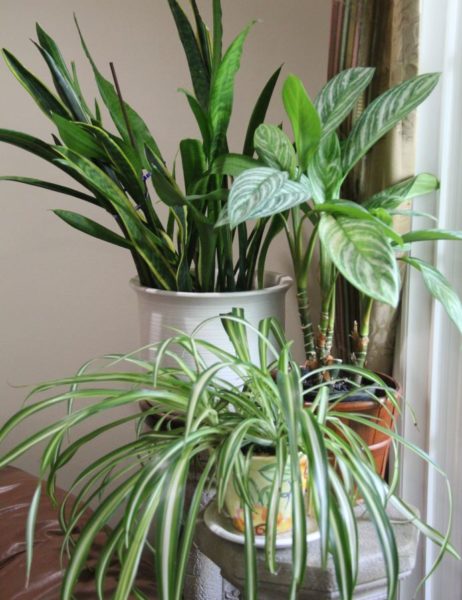
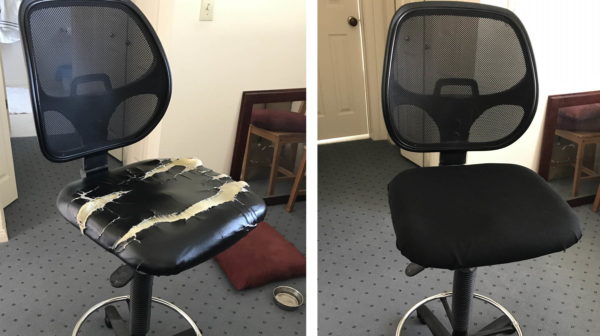
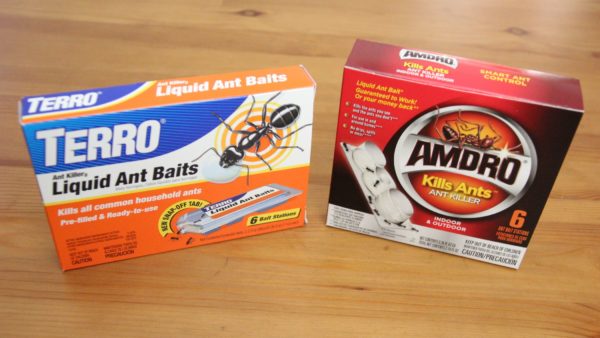
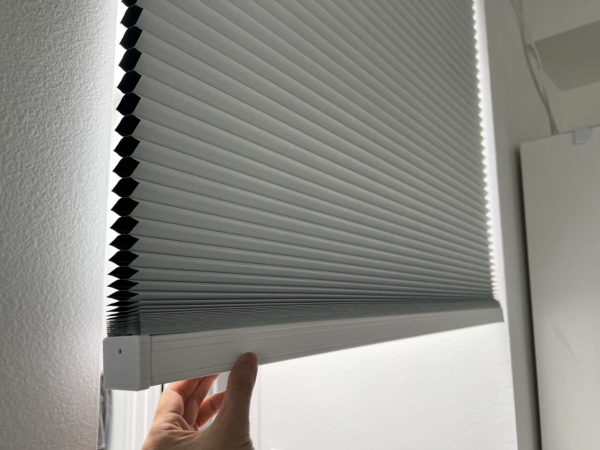

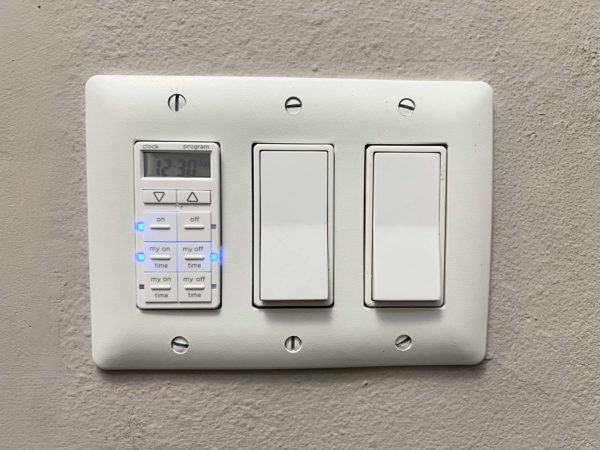
Please Leave a Question or Comment
I try to answer each one! - Brian